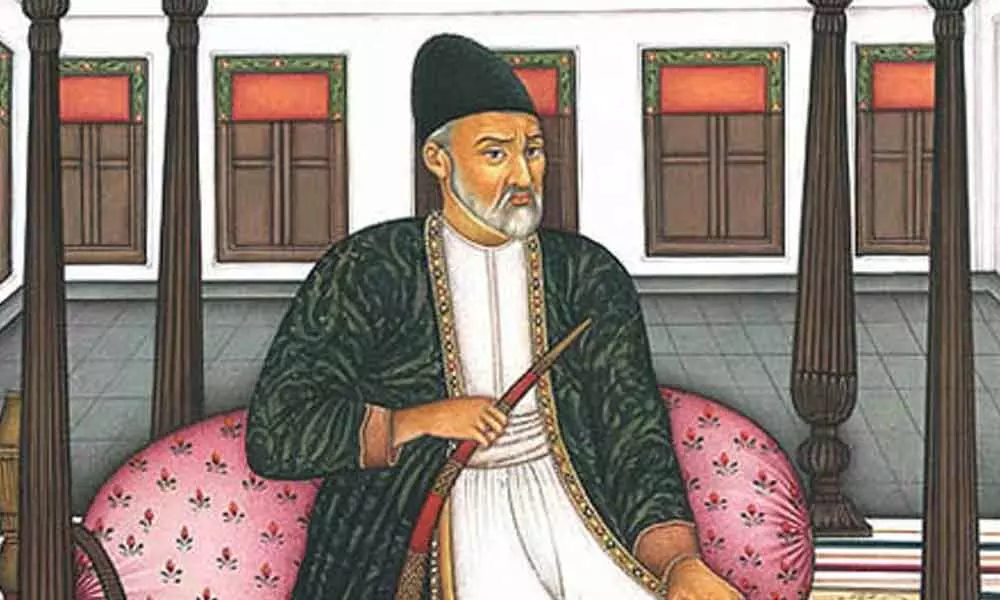Live
- Keeping Your Workforce Healthy and Safe During the Holiday Travel Season
- Israel intercepts missile from Yemen, says IDF
- Assam only state to see dip in road accidents: CM Sarma
- MP BJP to celebrate former PM Vajpayee's birth anniversary on Dec 25
- Christmas Eve 2024: Heartwarming Messages To Share With Your Loved Ones
- PM Modi holds brainstorming session with economists in run-up to Budget
- “Telangana Ready to Support AI Technologies That Drive Social Impact,” says Special Chief Secy, Jayesh Ranjan at Woxsen University’s Future Tech Summit 2024
- Hero Motosports Team Rally Announces Squad For Dakar Rally 2025
- Two Men Found Dead In Parked Caravan In Kerala
- Mandhana moves closer to top spot in ODI, T20I rankings









